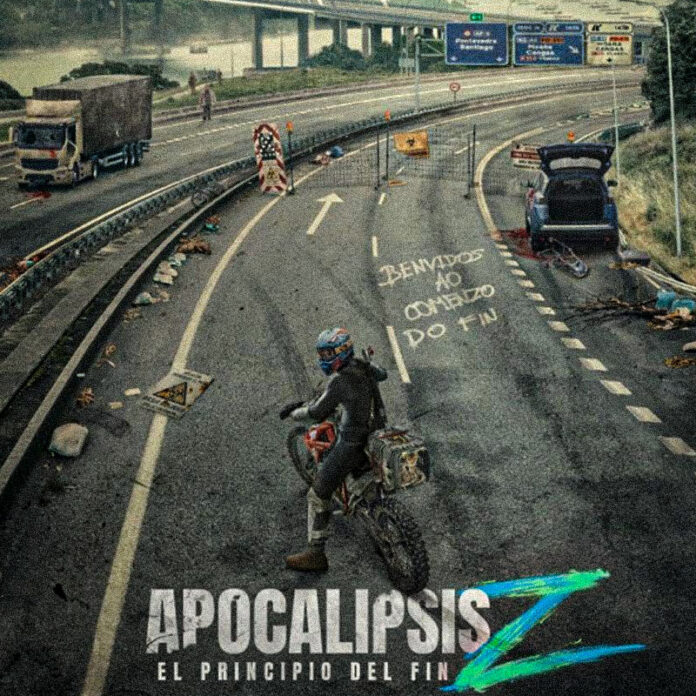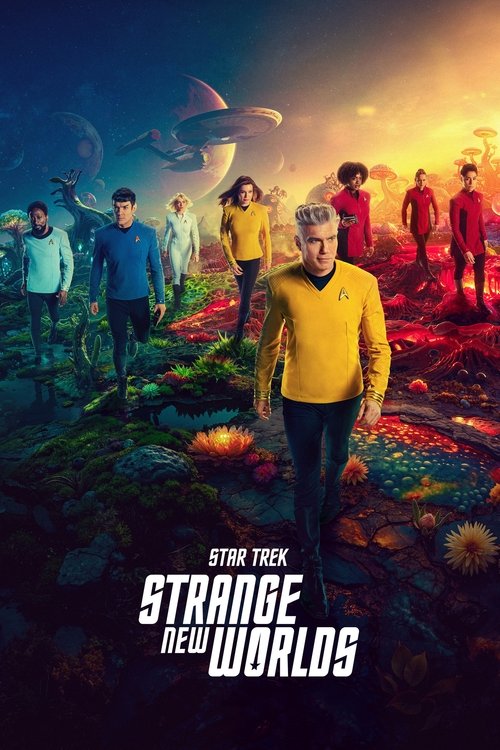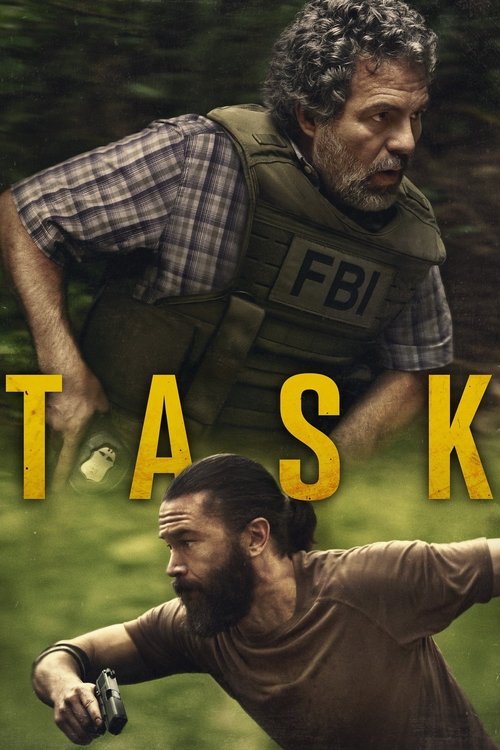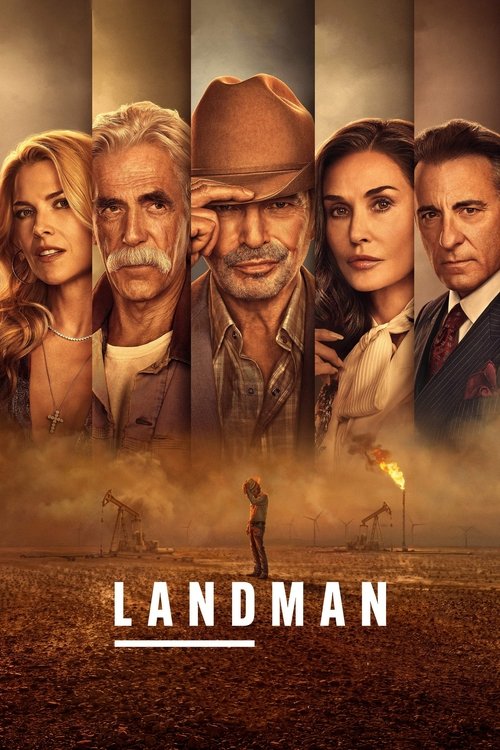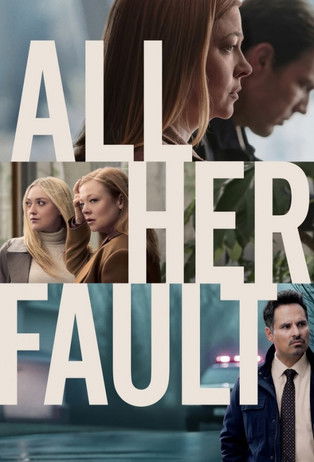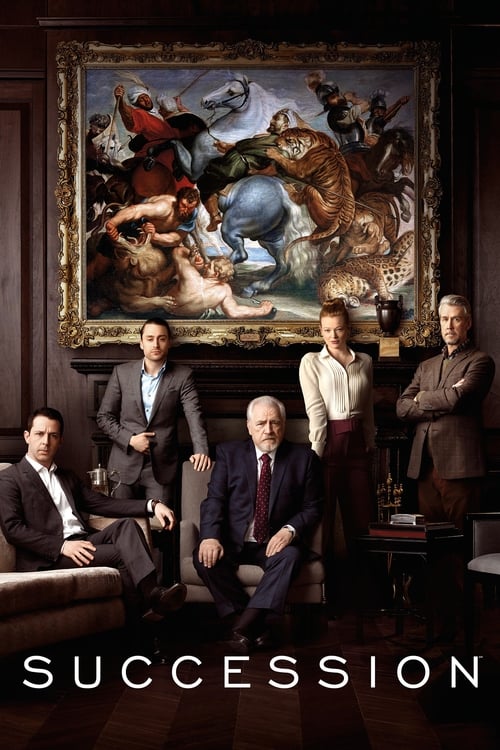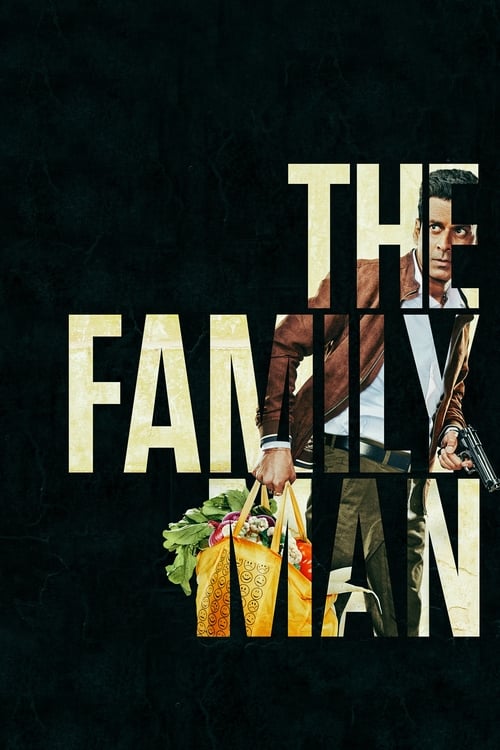“Apocalypse Z: The Beginning of the End Sinhala Subtitle Download”: Here you will get the Sinhala Subtitle of the movie Apocalypse Z: El principio del fin (2024). Directed by Carles Torrens, this film combines elements of horror and sci-fi, exploring a post-apocalyptic world. Apocalypse Z is a highly anticipated release in the horror and sci-fi genre, currently holding an IMDb rating of 6.1 out of 10, based on approximately 2.6k votes. The movie was released in 2024 in Spain.
Apocalypse Z: The Beginning of the End Movie Info:
- Movie: Apocalypse Z: The Beginning of the End
- Director: Carles Torrens
- Scriptwriter: Ángel Agudo, Manel Loureiro
- Genre: Horror, Sci-Fi
- Language: Spanish, Ukrainian
- Release Date: 2024 (Spain)
- Run Time: 1h 52m
- Rating: 6.1/10
- IMDB Votes: Approximately 2.6K
VERIFIED BY OIO.LK
Introduction to “Apocalypse Z: The Beginning of the End”
“Apocalypse Z: The Beginning of the End” by Manel Loureiro is a gripping novel that has captivated readers worldwide with its intense portrayal of a zombie apocalypse. The story blends elements of horror, suspense, and psychological thrill as it follows a man’s journey to survive a viral outbreak that devastates society. Set in Spain and narrated through diary entries, this book offers a unique and immersive experience in apocalyptic fiction, pushing readers to imagine the end of civilization through a deeply personal lens.
The novel’s success not only highlights Loureiro’s storytelling abilities but also underscores the enduring appeal of zombie narratives. With influences from his background in law and media, Loureiro crafts a realistic and gritty world where survival becomes the ultimate test of human strength and resilience. In this article, we’ll dive into the aspects that make “Apocalypse Z” a standout in the zombie genre.
About Manel Loureiro
Manel Loureiro, a Spanish author and lawyer, ventured into apocalyptic fiction with “Apocalypse Z”, which became a bestseller and solidified his reputation in the genre. His previous work in law and as a television host lends a unique depth to his writing, as he incorporates realistic portrayals of legal and societal structures collapsing under apocalyptic stress. Loureiro's professional insights add layers to the novel’s tension, making it more than just another zombie story. His ability to depict the psychological toll of survival amid hopelessness showcases his skill as a storyteller and a keen observer of human nature.
Plot Summary
The plot centers around an unnamed protagonist, a former lawyer, who documents his experiences in a diary as a mysterious infection spreads, turning people into zombies. The story begins with the protagonist living a quiet life in the Galician countryside when reports of a strange epidemic emerge. What starts as isolated incidents soon spirals into global chaos as the infection proves to be unstoppable, transforming humans into undead beings that feed on the living.
From there, the novel follows his journey of survival—alone and isolated, with only his pet cat, Lucullus, as a companion. The protagonist’s entries detail the daily challenges of securing food, shelter, and safety in a world overrun by the undead. The story's tension escalates as he encounters other survivors, each bringing new threats and alliances, as they navigate a shattered society where the rule of law no longer applies.
Main Characters in “Apocalypse Z”
- The Protagonist: Known only as “the lawyer,” the protagonist is a relatable, everyman character who learns to adapt and fight for his life in unimaginable circumstances. His transformation from a cautious, somewhat reluctant survivor to a determined and resourceful fighter is central to the novel’s emotional depth.
- Lucullus (the cat): Serving as the protagonist’s only companion in the initial stages of the outbreak, Lucullus provides a comforting presence and a reminder of the protagonist's former life. The bond between man and pet also adds a layer of humanity to the story, emphasizing the need for companionship even in dire situations.
- Other Survivors: As the protagonist ventures further, he encounters various characters, each with their motives, backgrounds, and reactions to the apocalyptic situation. These encounters challenge his trust and force him to confront the darker sides of humanity, adding layers of suspense and moral complexity.
Themes and Motifs
“Apocalypse Z” explores several key themes that resonate with fans of the zombie genre:
- Survival and Isolation: The protagonist’s journey underscores the basic human need for survival, often pushing him to the edge of his capabilities. His isolation amplifies the mental and emotional struggle, making the narrative an exploration of solitude and resilience.
- Human Nature and Morality: As societal norms collapse, the story delves into questions of morality and ethics. Loureiro uses the post-apocalyptic setting to illustrate how people respond differently when stripped of societal expectations, with some resorting to savagery and others retaining their humanity.
- Fear of the Unknown: The zombie apocalypse in “Apocalypse Z” represents more than just flesh-eating monsters; it symbolizes the fear of uncontrollable forces. This theme of existential dread resonates with readers, as it reflects real-world anxieties about pandemics and societal collapse.
Writing Style and Narrative Technique
Manel Loureiro employs a first-person, diary-style narrative that makes “Apocalypse Z” uniquely intimate. Through journal entries, readers witness the protagonist’s thoughts and fears in real-time, creating a sense of immediacy. This narrative approach also allows readers to experience the apocalypse from an intensely personal perspective, amplifying the sense of isolation and desperation. Loureiro’s descriptive language and realistic pacing pull readers into the protagonist’s shoes, creating a feeling of living through the crisis alongside him.
This diary format is particularly effective in building suspense. Each entry leaves readers wondering what the next day will bring, mirroring the protagonist’s uncertainty about his survival. This style, combined with Loureiro’s knack for detail, immerses readers in a vividly apocalyptic world.
Comparison with Other Zombie Literature
While “Apocalypse Z” shares similarities with popular works like “World War Z” and “The Walking Dead”, it brings its unique take on the genre. Unlike the global-scale focus of “World War Z”, Loureiro’s novel remains intensely personal, following a single man’s journey. This narrow focus allows for deep character development and an exploration of the psychological toll of survival, distinguishing it from other zombie narratives that emphasize action over introspection.
Furthermore, Loureiro’s Spanish setting offers a fresh perspective, as much of zombie literature is based in American culture. This geographical shift adds originality, exposing readers to a different cultural response to the apocalypse.
Cultural Impact of “Apocalypse Z”
Upon its release, “Apocalypse Z” quickly gained popularity in Spain and beyond. The novel’s success paved the way for Loureiro’s other works in the “Apocalypse Z” series and helped popularize zombie fiction in Spanish-speaking countries. Its popularity expanded into international markets, attracting a broad fanbase and inspiring translations into multiple languages. Loureiro’s success with “Apocalypse Z” also highlights the global appeal of apocalyptic fiction, showing that stories of survival and resilience resonate across cultural boundaries.
Reception and Critical Acclaim
“Apocalypse Z: The Beginning of the End” received significant praise from critics and readers alike, especially for its suspenseful storytelling and realistic portrayal of a global catastrophe. Loureiro’s unique approach to the zombie apocalypse genre was lauded for its psychological depth and the meticulous attention to detail in survival scenarios. Many readers appreciated the diary format, which allowed for an intimate look at the protagonist's fears and inner thoughts, setting it apart from typical action-driven zombie novels.
The novel's popularity led to it being translated into multiple languages, making it accessible to a global audience. Critics often noted Loureiro’s ability to evoke genuine emotion and tension, with many comparing his work to other greats in apocalyptic literature. In particular, Loureiro’s talent for grounding fantastical events in plausible scenarios helped earn him acclaim as a standout voice in the genre. The novel’s critical success has cemented “Apocalypse Z” as a modern classic within zombie literature.
Adaptations and Spin-Offs
The success of “Apocalypse Z” sparked interest in adapting the story for other media formats. Although there has not yet been a widely released film or TV adaptation, there have been discussions and fan speculation about its potential as a series. Given the immersive and episodic structure of the story, a series adaptation could capture the novel’s slow-burning suspense and character-driven approach.
Additionally, Loureiro expanded “Apocalypse Z” into a trilogy, continuing the protagonist’s story in “Dark Days” and “The Wrath of the Just”. These sequels delve deeper into the world Loureiro created, exploring how different factions and survivors adapt to a world dominated by the undead. The series has developed a loyal following, and the spin-offs have allowed Loureiro to build a broader universe, further establishing “Apocalypse Z” as a cornerstone in zombie fiction.
Why “Apocalypse Z” Stands Out
“Apocalypse Z” distinguishes itself within the zombie genre through its realistic approach to survival and the psychological portrayal of isolation. Loureiro’s narrative doesn’t rely solely on horror elements; instead, he balances the frightening aspects of the undead with the emotional and mental struggles of his protagonist. The personal, diary-style entries create a close connection between the reader and the protagonist, making every encounter, loss, and discovery more impactful.
The novel also appeals to fans of the genre who are looking for something beyond traditional zombie thrillers. Rather than focusing on gore and violence, Loureiro’s work delves into the broader implications of societal collapse, forcing readers to confront their own ideas about morality, survival, and human connection. His vivid descriptions of a world unraveling and the protagonist’s struggle to retain hope make “Apocalypse Z” a compelling read for those who enjoy apocalyptic fiction with emotional depth.
Zombie Apocalypse Genre: A Brief Overview
Zombie fiction has long been a popular subgenre within horror, exploring themes of mortality, fear, and societal breakdown. From George A. Romero’s “Night of the Living Dead” to more recent works like “World War Z”, the genre has evolved to reflect changing societal concerns. Zombies often represent fears about contagion, consumerism, and loss of individuality, making them adaptable symbols for various anxieties.
“Apocalypse Z” fits comfortably within this genre but takes a more introspective approach. By focusing on a single character’s psychological journey, Loureiro offers a unique twist on the genre’s conventions, pushing readers to empathize with the protagonist's loneliness and moral dilemmas. His work reflects a trend in modern zombie fiction that emphasizes character-driven narratives over action-heavy plots, appealing to readers interested in the human side of apocalyptic survival.
Themes of Human Resilience and Despair
One of the most compelling aspects of “Apocalypse Z” is its exploration of human resilience in the face of despair. The protagonist’s journey highlights the extraordinary lengths people will go to survive, even when faced with insurmountable odds. His internal monologue reveals the constant battle between hope and hopelessness, and the story is filled with moments where he questions the worth of survival in a world so drastically changed.
This theme of resilience is balanced by moments of deep despair, showcasing the psychological toll that isolation and fear take on the human spirit. Loureiro does not shy away from portraying the toll that loneliness and loss have on his protagonist, but he also shows the strength that comes from adapting to one’s circumstances. This duality of resilience and despair is what makes the story relatable and impactful, as it resonates with readers who understand that survival often requires both physical strength and emotional endurance.
The Symbolism of Zombies in “Apocalypse Z”
In “Apocalypse Z”, zombies serve as more than just terrifying antagonists; they symbolize societal collapse and the fragility of human civilization. The spread of the infection reflects the vulnerability of humanity to forces beyond its control, a theme that has been especially relevant in the context of recent global health crises. The zombies in Loureiro’s world are a constant reminder of the thin line between order and chaos and how quickly society can disintegrate.
Loureiro also uses zombies to explore the darker sides of human nature, as the protagonist encounters people who react to the apocalypse in morally questionable ways. In this way, zombies become a mirror reflecting humanity's primal instincts for survival, often at the expense of ethics and compassion. This symbolism enriches the narrative, adding layers to the horror by showing that sometimes, the living are just as dangerous as the undead.
Key Takeaways for Readers
Readers of “Apocalypse Z” are left with powerful lessons about the strength and vulnerability of the human spirit. The novel illustrates that in extreme circumstances, survival is as much about mental fortitude as it is about physical endurance. Through the protagonist’s struggles, Loureiro highlights the importance of adaptability, hope, and connection, even in the darkest times.
The story also prompts readers to question how they might react if faced with a similar apocalypse. It’s a gripping reminder of the unpredictability of life and how quickly things can change. At its core, “Apocalypse Z” is a story about resilience, community, and the enduring need for hope, even when everything seems lost.
Conclusion
“Apocalypse Z: The Beginning of the End” is more than just a zombie thriller; it’s a thought-provoking exploration of human survival, resilience, and morality. Manel Loureiro’s unique narrative style, combined with his realistic portrayal of an apocalypse, has cemented the novel’s status as a significant work in modern apocalyptic fiction. By focusing on the psychological journey of a single man, Loureiro captures the intimate horrors of surviving in a world that has lost all semblance of normalcy.
In a genre often filled with action and gore, “Apocalypse Z” stands out for its introspective approach, appealing to readers who seek more than just a scare. Loureiro’s work reminds us that even in the face of unimaginable horror, there is a part of humanity that remains unbroken—a part that clings to hope, endures suffering, and ultimately strives to survive.
FAQs
- What makes “Apocalypse Z: The Beginning of the End” different from other zombie novels?
- “Apocalypse Z” sets itself apart with its introspective, diary-style narration, focusing on the psychological effects of isolation and survival rather than just action and horror. This unique perspective makes it a deeper exploration of human resilience in apocalyptic conditions.
- Is “Apocalypse Z” part of a series?
- Yes, “Apocalypse Z” is the first book in a trilogy. It is followed by “Dark Days” and “The Wrath of the Just”, which continue the protagonist’s journey in a post-apocalyptic world.
- Who would enjoy reading “Apocalypse Z”?
- Fans of psychological thrillers, apocalyptic fiction, and zombie literature would enjoy “Apocalypse Z”. Its focus on character development and emotional depth makes it appealing to readers looking for more than just horror and action.
- Is “Apocalypse Z” suitable for all readers?
- The novel contains mature themes, including violence and psychological distress, typical of apocalyptic fiction. It’s best suited for adult readers or mature young adults who can handle its darker elements.
- Are there plans for a film or TV adaptation of “Apocalypse Z”?
- Although no official adaptations have been released, the novel’s success and immersive storytelling have led to speculation about potential screen adaptations. Fans continue to hope for a film or series that could bring Loureiro’s apocalyptic vision to life.

